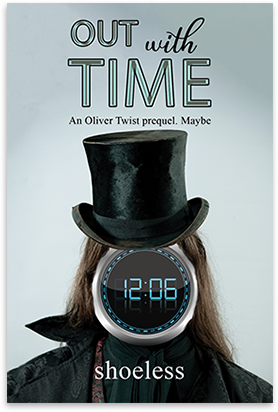
The Author, the Story and a Conversation
To varying degrees, we are all in the habit of reading through a text to the author on the other side. We like to feel that we are in a private conversation, though the tone of it depends on the nature of the content. With fiction, it is a like a cosy fireside chat, author and reader chatting away ensconced in their favourite armchairs. For non-fiction, it is more like a tutorial and woe betide us if we are caught not paying attention. In both cases, the identity of the author is integral to our acceptance of the narrative, though for different reasons.If we are to accept the veracity of the argument put forward in non-fiction we need to know that the author is qualified to lecture us. Pseudonyms are no good here, we need the real name, in full plus any imposing titles. It hardly matters if the “Dr” or “Prof.” prefix is relevant to the topic as long as it lends credibility to the discourse.
It is a little different with fiction. We are, of course, being sold a pack of lies and it seems entirely acceptable for the liar-in-chief, namely the author, to lie about their own identity. We all knew that Ian Fleming and John le Carré were not being entirely honest about their names but then this fitted nicely with the world of espionage we presumed they inhabited. Even a family friend like James Herriot could be forgiven for using a pseudonym when he was letting us in on the gossip of the Yorkshire Dales.
What, though, about hiding one’s identity entirely? How about if it is not even a real name, just a simple “shoeless” and no biographical details? Then the story must stand by itself, we cannot imagine we are in that private conversation. We have to rely on the characters to let us in on the narrative themselves. This might be the most honest conversation the reader can get.
Post Views : 2354